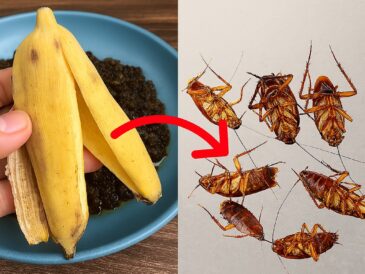If you’ve ever been mesmerized by the magical flicker of fireflies lighting up a summer night, you’re not alone. These enchanting insects not only add charm to your garden but are also signs of a healthy ecosystem. Sadly, firefly populations are declining due to light pollution, pesticide use, and habitat loss. But the good news? You can take action! By following these 7 simple steps, you can transform your backyard into a welcoming haven for fireflies.
1. Eliminate Artificial Light at Night
Why it matters:
Fireflies communicate and find mates through light signals. Artificial lights, such as porch lights, garden spotlights, or street lighting, can confuse or block these signals.
What to do:
- Turn off outdoor lights after sunset.
- Use motion sensors or timers on necessary lights.
- Opt for warm-colored, low-intensity bulbs if lighting is essential.
Pro tip: Install shielded lighting fixtures that direct light downward only.
2. Create Moist Habitats
Why it matters:
Fireflies thrive in humid, moist environments. They lay eggs in damp soil, and the larvae need moisture to survive.
What to do:
- Keep part of your garden shaded and moist.
- Add a shallow birdbath or small pond.
- Avoid over-draining the soil or installing aggressive drainage systems.
Bonus idea: Mulch around plants to retain moisture.
3. Grow Native Plants and Grasses
Why it matters:
Fireflies love natural, untamed landscapes. Lawns with native grasses and wildflowers provide shelter, food, and egg-laying zones.
What to do:
- Let parts of your lawn grow wild or reduce mowing frequency.
- Plant native grasses like switchgrass, wildflowers, and shrubs.
- Avoid invasive or non-native ornamental plants.
Pro tip: Use a mix of plant heights to create layered habitats.
4. Ditch the Pesticides and Chemicals
Why it matters:
Pesticides and herbicides kill not only pests but also beneficial insects like fireflies, especially during their larval stages when they live in the soil.
What to do:
TO CONTINUE READING THE ARTICLE PLEASE SEE PAGE 2




